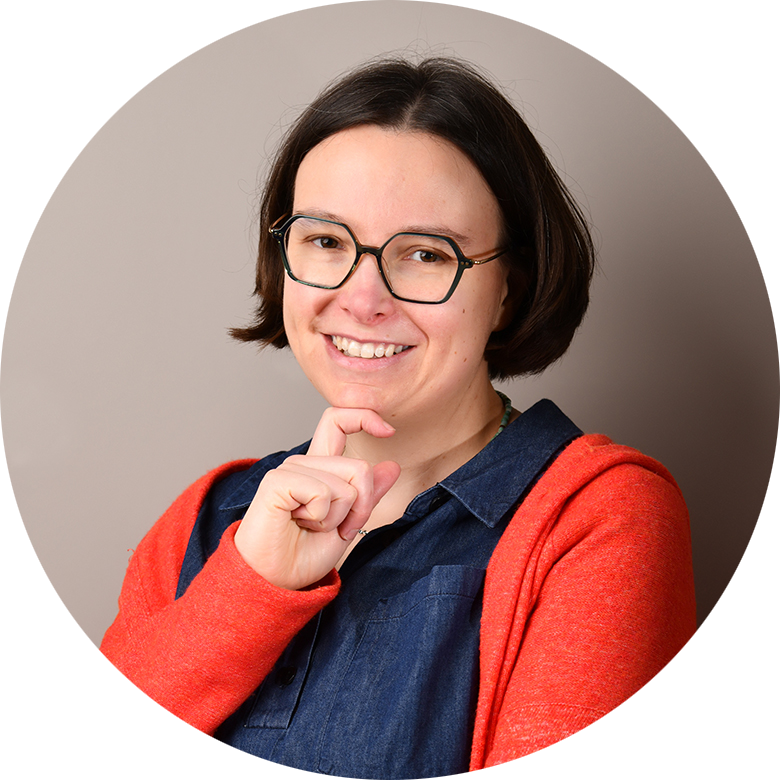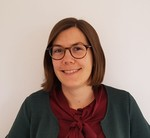
Scope
Preschoolers’ early mathematical competencies are foundational for later academic performance and civic success. Although the provision of high-quality early childhood mathematics education is viewed as a critical vehicle to help children to realize their potential, we lack a thorough understanding of the key components of high-quality instruction in the domain of early mathematics at the preschool age and the teacher competencies that are associated with it. This E-CER aims to address current theoretical, methodological and instructional challenges related to this timely topic by engaging in scientific reflections and discussions, joint research projects and cross-cultural comparison studies with the partners of the E-CER.
Our first goal is to work towards theoretical synergy. Current scientific understanding of high-quality early mathematics instruction and the teacher competencies that are associated with it is constrained by the variety in theoretical concepts, definitions and frameworks used. Similar concepts refer to different characteristics and competencies, and different concepts are used for similar characteristics and competencies. By critically reflecting upon actual theoretical frameworks on high-quality instruction, teacher professional competence and learning-supportive interaction and by conducting cross-cultural comparison studies in the different partner countries (i.e., Belgium [Flanders], Denmark, Germany and Sweden), we aim to develop a common theoretical framework that integrates the key components for describing, understanding and optimizing early mathematics instruction quality and the teacher competencies that are associated with it, offering a shared language to further discuss and investigate these topics within the international scientific community.
Our second goal relates to the methodological challenges. Empirical studies on instructional quality and teacher professional competence rely on a rich diversity of methods, instruments and analysis techniques. There is no one-to-one relation between the theoretical concepts addressed and the methodologies used in the current research literature. Considering the range of available and frequently used methods, instruments and analysis techniques, we aim to bring methodological clarity and synergy, and, as such, research findings that can be integrated to further current understanding of the topic.
Our third goal is to provide building blocks to optimize current early mathematics instruction quality and teacher training and professional competence in the domain. Our cross-cultural studies will help to point to key characteristics of learning-supportive instructional activities with preschoolers and powerful teacher training and professional development courses. Moreover, the theoretical and methodological synergy we aim to realize will be foundational for future international studies on the topic, further adding to deepened and refined insights that can help to optimize educational practices worldwide.
Members







